

What a great quote to bring up. Because we are all so connected, from email, jobs, to endless smart devices and appliances in our homes, how are we able to maintain “healthy and secure” connections? Are they not devised to protect us? Of course they are, in theory. However, with all the hackers and encryption breakers out there, is there still such thing as technical security? Catch 22, much? Well, as it becomes more essential to be cautious of our identity, it ironically might mean that having passwords and IDs isn’t the right idea, at least for every single device. If you aren’t already aware of the amount of password tools there are out there, allow me to provide examples. A start up in California, Clef, developed an app for your mobile that lets you send en encrypted key right to your desktop, then that website you are logging into recognizes you because of the app you have. Launchkey, another start-up has the same idea except you slide your finger once the app opens to authorize authentication. Currently still in the labs (thankfully), is a headset with the ability to read our minds to verify a password. OneID, also based in California, offers a single log in for multiple devices and sites and requires just a touch from your phone app.



 Laptop & Tablet Parts
Laptop & Tablet Parts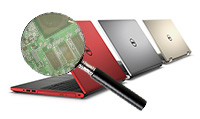
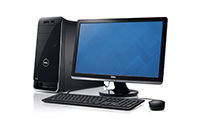

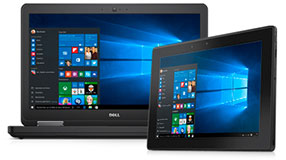


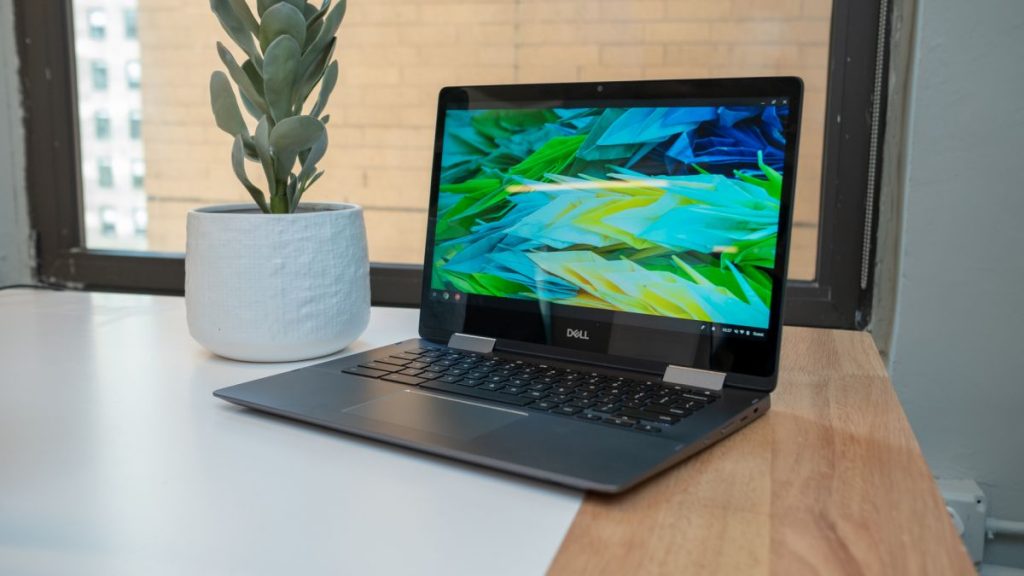

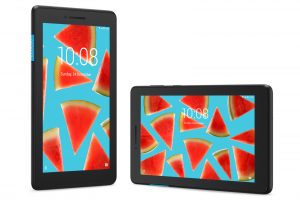

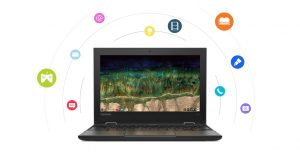

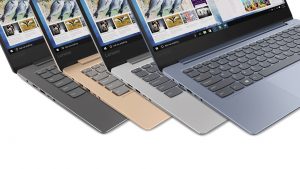

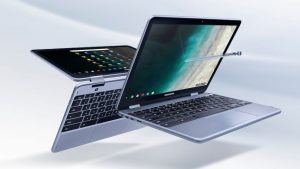







One Response to Am I a Password? Countless Passwords and Countless Accounts